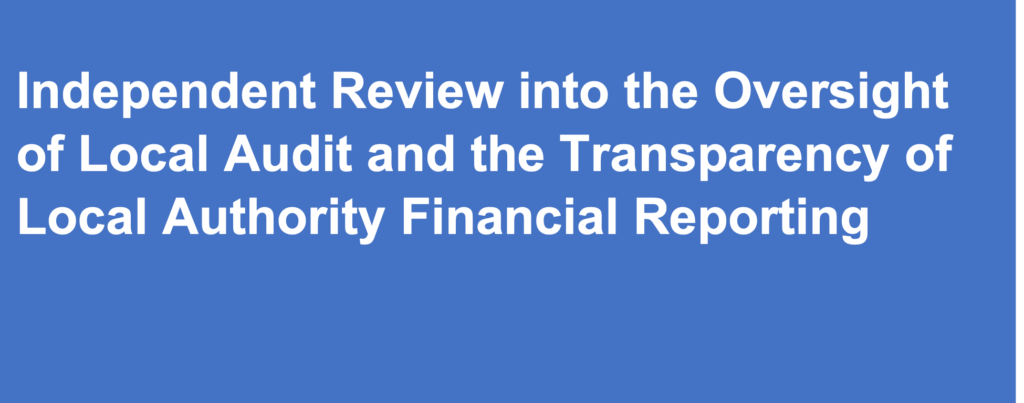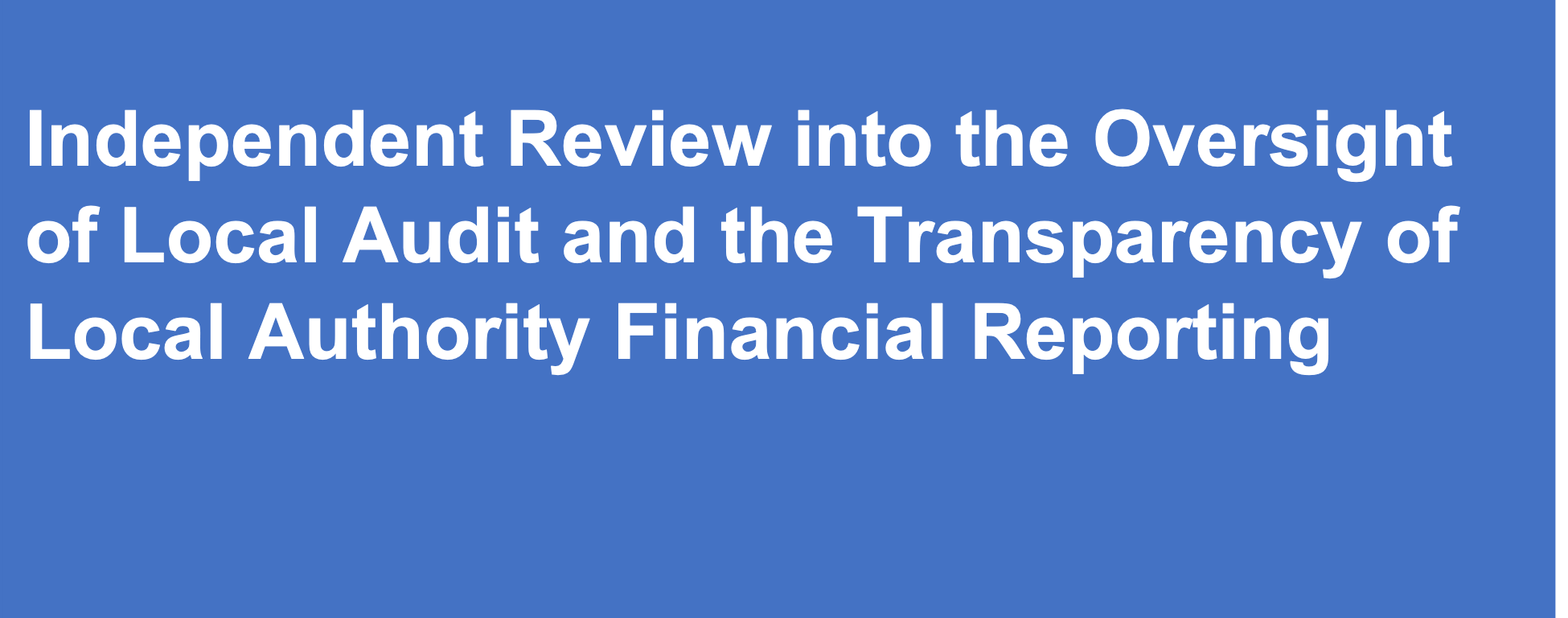
Alison Ring FCA, director for public sector at ICAEW, believes that the Redmond Review provides an opportunity to fix the real issue with local authority accounts, which is that few people read them.
Much of the commentary about the Redmond Review has quite rightly focused on what it means for the local audit market, and especially its call for a new regulator to oversee local audits.
With a number of audit firms considering withdrawing from the local audit market, the need to increase the pool of auditors without exorbitant fee rises is high on many finance officers’ priorities. For audit firms, greater regulation and a gradual loss of expertise is putting pressure on costs, jeopardising the viability of their practices.
It’s easy to forget that the review was also about why external audits are needed in the first place – transparency and accountability.
12th Local Authority Treasurers Investment Forum & FDs’ Summit
NOW A VIRTUAL EVENT + ZOOM151 Networking
Jan 20, 21 & 22, 2021
Reports are too complex
Local authority financial reports are an essential part of holding councils and their officers to account, and in theory should provide a comprehensive analysis of how money has been used to deliver public services.
The problem is that apart from the finance teams that prepare them, the auditors that audit them and a few hard-pressed civil servants in central government that collate them, very few people actually read the full financial statements. In many cases, many councillors do not read them fully, let alone them being read by the local residents on whose behalf they are ultimately prepared.
As the review highlighted complexity is a key issue, which leads to difficulty in understanding what is going on, even for those familiar with financial reporting in the private sector.
As a result, there is an over-reliance on external auditors to make sure millions of pounds of spending is properly scrutinised. possibly one of the reasons for the expectations gap in local audit.
Some have argued that local authorities should not produce comprehensive financial statements, which would reduce costs. In practice, with local authorities collectively spending billions of pounds of public money, this would likely only be sustainable until the first scandal came along. Auditors may still be expected to spot issues in the non-disclosed items, even if teams were no longer required to test them.
The Redmond Review considered these ideas to a certain extent, but primarily attempted to tackle this problem with the proposed addition of a new simplified financial statement of services and costs. This aims to bridge the gap between the complexities of detailed financial reporting rules for local authorities and the need for clear financial information that readers can understand, while retaining the comprehensive financial reporting required for full accountability—and the requirement for external auditors to audit the detail in all its complex glory.
This could be a solution, and anything that can be done to help local residents and council taxpayers understand how public money is being spent has got to be positive. However, the underlying problem remains that most local authorities do not expect their financial reports to be widely read and instead prepare them as if they are destined for the filing cabinet, without much to interrupt them on the way.
Why reporting is important
With the right investment, finance teams could do a lot to improve the quality and readability of annual reports, irrespective of the addition of a new statement. After all, councils publish many documents each year, so they certainly have the capabilities required to improve the readability of financial reports if they were to invest in doing so.
This is about priorities and whether sufficient investment is put into finance teams, quality audits and communicating financial information. The risk with penny-pinching is that in the long run, the cost of poor-quality financial decisions taken in the absence of transparency and accountability may be much higher than the immediate savings available.
At its worst, the annual audit fee negotiation can degenerate into an argument between councils that don’t see the value of the audit, and auditors that believe the risks are too high and the rewards are too low. At best, the Redmond Review is an opportunity to reset expectations and invest in high quality financial reporting, supported by positive external audit assurance to ensure that financial resources are being used in the best way possible.
Room151’s Monthly Online Treasury Briefing
November 27th, 2020
Money market funds and deposit accounts
Watch the recording here
One idea worth exploring is the potential for seconding staff between local authority finance teams and external audit firms so that each can benefit from the skills of the other. Finance teams would benefit from the addition of expertise in financial reporting, and controls and risk management gained from auditing private sector organisations, while audit firms would gain from a more detailed understanding of local government funding and the financial reporting framework.
Solving the chicken-and-egg problem between people reading and understanding council accounts, and councils producing readable and understandable accounts that will be read by someone was not the only problem highlighted by the Redmond Review. But it does underpin the question of how we ensure that local authorities are held properly accountable. You only have to compare the average set of council financial statements with those of an equivalently sized listed company to see a major difference in how financial information can be presented to help readers understand what is going on.
In my mind, the more light that is shone on council finances the better the accountability—and that means many more people will need to read financial statements than do so today.
Alison Ring is public sector director at the Institute of Chartered Accountants in England and Wales (ICAEW).
FREE monthly newsletters
Subscribe to Room151 Newsletters
Monthly Online Treasury Briefing
Sign up here with a .gov.uk email address
Room151 Webinars
Visit the Room151 channel














